11:00 AM
Apr 4

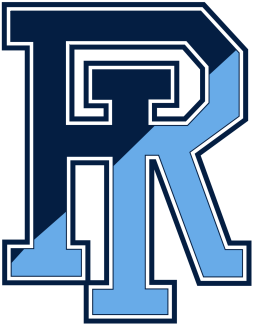

11:00 AM
Apr 4


01:00 PM
Apr 4

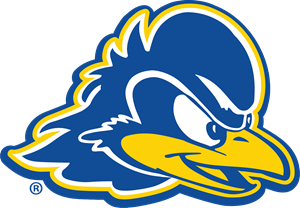
03:00 PM
Apr 4


05:00 PM
Apr 4


06:00 PM
Apr 4
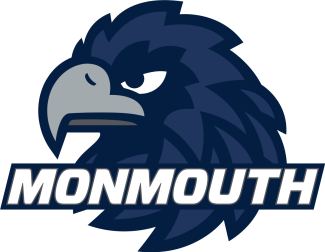
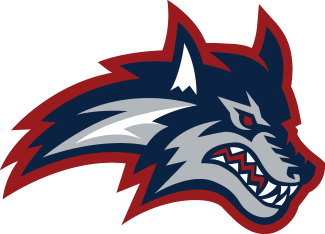
06:00 PM
Apr 4


06:00 PM
Apr 4


07:00 PM
Apr 4


07:30 PM
Apr 4


10:00 AM
Apr 5


11:00 AM
Apr 5
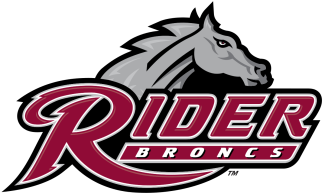

11:00 AM
Apr 5


11:00 AM
Apr 5


11:00 AM
Apr 5


11:00 AM
Apr 5
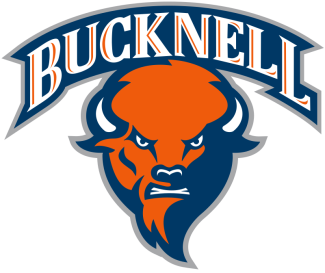

11:00 AM
Apr 5


11:00 AM
Apr 5


11:00 AM
Apr 5


11:30 AM
Apr 5


12:00 PM
Apr 5
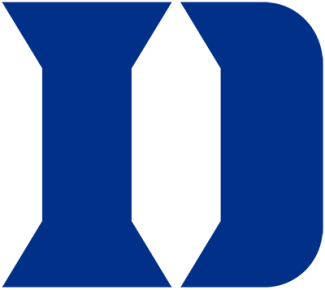

12:00 PM
Apr 5


12:00 PM
Apr 5


12:00 PM
Apr 5


12:00 PM
Apr 5


12:00 PM
Apr 5


12:00 PM
Apr 5


12:00 PM
Apr 5


12:00 PM
Apr 5
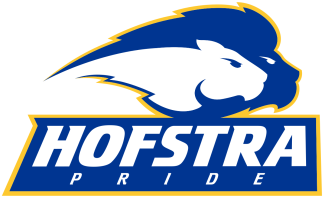

© 2025 USA Lacrosse. All Rights Reserved.
With a new commissioner at the helm, Major League Lacrosse is still seeking direction.
It’s been a rough offseason for the league, which enters its 18th season in 2018. From a data incident that briefly exposed players’ sensitive personal information to franchise instability, players, fans and media alike have been searching for answers.
With Alexander “Sandy” Brown becoming just the second-ever commissioner in league history, succeeding David Gross, MLL hopes it can establish an identity as a viable, strong league.
“It’s a tremendous opportunity,” Brown said Tuesday, shortly after the league’s official announcement. “I’m grateful to MLL ownership for extending the opportunity. I’ve grown up with the game, and it’s always been a passion. I’m here to make a difference, and I look forward to working with the owners and players to do just that.”
Brown plans to spend the next 90 days speaking with owners and players about the future of the league. With the season starting in about that same timeframe, there’s a lot of work that needs to be done.
One thing Brown has going for him is his relationship with other lacrosse organizations. The silent standoff between MLL and the National Lacrosse League has been well documented, with players essentially being forced to choose sides to play in one or the other due to overlapping seasons.
Brown, who played lacrosse collegiately at Washington and Lee, hopes he can help bridge that gap.
“It’s healthy for the sport for all the major stakeholders to be talking regularly,” he said. “That’s MLL, NLL, US Lacrosse and the FIL. We all have to be talking. I’m lucky I have relationships with [US Lacrosse CEO] Steve [Stenersen] and [NLL commissioner] Nick [Sakiewicz], and I look forward to dialogue with both of them.”
Brown’s background is in television. He was an executive for ESPN, president of Univision Sports and most recently president and CEO of One World Sports.
From a media standpoint, Brown said, he’s focused on broadening the league’s reach. MLL’s partnership with Lax Sports Network, spearheaded by Gross, remains intact. Gross had also orchestrated an MLL Game of the Week package on Twitter.
Brown hopes to provide even greater access to content.
“I’m a huge believer in digital,” he said. “Given our constituents and our audience base, we live in a digital world and we’re going to have to operate with linear and digital [media]. Being able to have content both long- and short-form that is easily accessible is going to be important.”
With the Rochester Rattlers relocating to Dallas, just three of the original six MLL franchises — Boston, Chesapeake and New York — remain in their original markets. The league has expanded and contracted and then expanded again to the current nine teams, including Atlanta, Charlotte, Dallas, Denver, Florida and Ohio. Six franchises have folded, while others have bounced between different venues.
One of Brown’s chief focuses will be to establish a league identity and stability, and that includes teams building their brands locally.
“Every team has to operate on its own merits,” he said. “We want to have the strongest teams we can where they reside. We’re going to be looking at other opportunities along the way. We want each of our teams to thrive and give them the tools to do that. If we’re in a market where it doesn’t seem to be working, we want to either make it work or move somewhere else.”
Other than a select few markets, MLL attendance has dropped over the past five seasons. With one team already out the door, Brown plans on taking the time to evaluate each market.
“We want strong teams in every market we operate in,” he said. “You want strong partners, whether they be from a media perspective or sponsors, where everyone feels like they are getting value out of the relationship.”
The NLL has gained traction in its markets and relevancy in the broader sports world since Sakiewicz took over as commissioner a little more than a year ago. If MLL can make similar strides under Brown, it will bode well for the league as it nears its third decade of existence.
“I want to have our teams to feel like their businesses are moving forward and owners are getting value,” Brown said. “I have a lot of work to do in terms of assessing the landscape and what needs to get done on a tactical basis. But I would endeavor a situation where we look back and see we went from point A to point B.”
There certainly are a lot of opinions about MLL and how the past year has gone for the now not-so-young league. From players griping on social media to concerns from owners, getting on the same page will be a challenge.
For Brown, that starts with letting voices into the conversation.
“I’m going to spend the next few months listening,” he said. “I want to hear what people’s issues are. There’s going to be a lot of opinions, and I’ll take the opportunity to take the temperature of everybody.”
That process starts now, and while there’s a lot to do, there’s not much time before MLL needs to steady the ship.
“Rome wasn’t built in a day,” Brown said. “MLL has been around for a while. They’ve made big strides. I’m looking forward to using my skills and relationships to continue to grow the league.”
